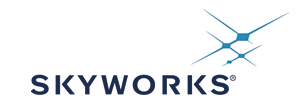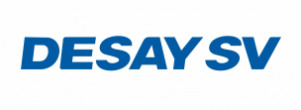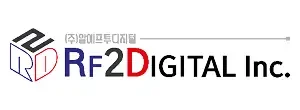The Brazilian Ministry of Communication (Minicom) organised a high-level one-day seminar on Digital Radio on 1st September 2011 in the capital, Brasilia. The full day event allowed for an extensive discussion with various segments of society about the introduction of digital radio and the adoption of a digital standard that suits the Brazilian needs best. Brazil has only in the FM band over 9,000 FM stations.
The day began with an overview of the issue in Brazil and abroad by Executive Secretary of the Ministry of Communications – Cesar Alvarez in a session chaired by the Secretary of Electronic Communication Services Genildo Lins.
Key representatives of the Presidency, the Parliament, of big radio and TV networks as well as of small and large communication stations were present and listened to presentations being very keen to ask a lot of questions too. The day comprised a discussion on the technical features and benefits of the DRM standard and HD system (presented by John Schneider). Alexander Zink, vice-chair of the DRM Technical Committee, gave an illustrated presentation with key facts on the efficiency of DRM, its extra features, its AFS and SFN options. Michel Penneroux, chair of the DRM Commercial Committee, made a clear case for the DRM business model for Brazil and the opportunities for the Brazilian broadcasters and industry. Ruxandra Obreja, DRM Consortium Chair, gave an international perspective on the DRM roll-out with concrete examples of receivers and receiver solutions developed by some DRM members and supporters (MSway, Frontier Silicon and Chengdu New Star).
The last session belonged to the Brazilians and especially the regulator, Anatel. In his presentation Ara Minassian Apkar, Superintendent of Mass Communication Services Anatel, showed concretely that the congested spectrum of Sao Paolo for example only offered very few solutions and no mixed options for fitting everyone in and getting away with interference while using spectrum in the most efficient way.
DRM has already been tested in Brazil in various cities over the last 18 months with very positive results. DRM is a worldwide open standard, works in all radio bands, is ITU approved and non-proprietorial. It has already been approved as the technology of choice in large countries like India and Russia.
The Brazilian Ministry of Communication would like to finalise DRM and HD Radio tests by the beginning of March 2012 in order to get in a good position to recommend the best solution for the digitising Brazilian radio. Minicom, along with partners, plans to evaluate criteria related to the coverage area, propagation conditions in specific regions of Brazil, signal strength, audio quality. The tests of DRM technology should finish by March next year. Tests with HD Radio technology are yet to start though there had been previous tests done.
The workshop was a meeting place of various and often divergent opinions. Professor Gunnar Bedicks, Mackenzie Presbyterian University, wanted to see Brazil develop its own system of digital radio, with adaptations. Professor Bedicks pointed out that the same had occurred in the process of adopting the nipo-Brazilian digital TV model, ISDB-T, which now is being rolled out in many Latin American countries. Professor Gunnar Bedicks explained that during the ISDB-T selection not one single TV receiver was available but after the choice was made receivers appeared and the Brazilian receiver industry based on ISDB-T is thriving today. The Brazilian professor stressed that the adoption of a digital radio standard should take into account the particularities of the Brazilian broadcasting needs, those of the AM radio stations, the maintenance of Tropical Wave and Short Wave.
The representative of the Association of Community Radio Broadcasters (Embrace), Joseph Soter, expressed concern about the interference in transmissions if two digital radio standards should be introduced simultaneously.
The DRM Consortium is very encouraged by the feedback and impact of its presence in Brasilia on September 1st. It looks like the next few months will be quite important for the Brazilians to take their much awaited decision on radio digitisation.

















